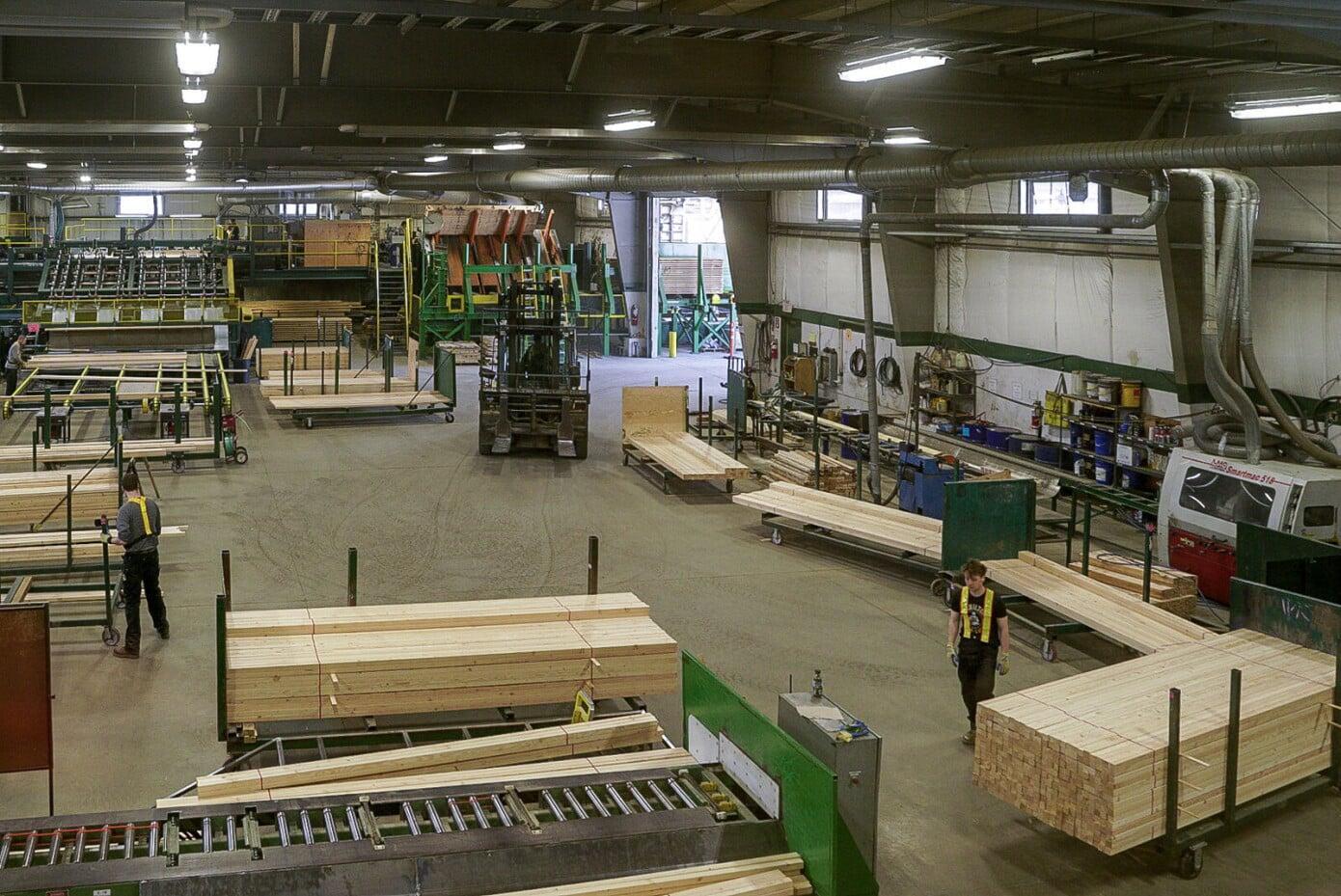B.C. projects $69 billion economic loss from proposed U.S. tariffs by 2028
British Columbia could face severe economic consequences from president-elect Donald Trump’s proposed 25% tariff on Canadian imports. The province projects a cumulative economic loss of $69 billion over four years, with real GDP potentially declining by 0.6% annually in 2025 and 2026. The assessment, conducted by the B.C. Ministry of Finance, estimates significant job losses and revenue reductions during this period, with the unemployment rate possibly increasing to 6.7% in 2025 and 7.1% in 2026.
The tariff’s effects on the labor market could result in 124,000 job losses by 2028, with the most affected sectors being natural resources, manufacturing, transportation, and retail. Corporate profits could decrease annually by $3.6 billion to $6.1 billion. Additionally, the Ministry warns that annual provincial revenues might drop between $1.6 billion and $2.5 billion due to diminished personal and corporate income tax collections. These projections assume the tariffs remain throughout the Trump presidency and Canada implements retaliatory measures.
Experts indicate that the tariffs could disrupt the U.S. lumber supply chain. Rajan Parajuli, an NC State University professor, highlights that Canada exported 28.1 million m3 of softwood lumber to the U.S. in 2023, mainly for construction. The proposed tariff would add a 25% tax on these imports, likely raising U.S. domestic lumber prices and affecting the housing market by increasing building material costs. While U.S. lumber producers might profit from higher prices, consumers would face increased costs if demand remains steady.
The Peterson Institute for International Economics (PIIE) notes that these tariffs could extend beyond Canada, impacting the broader wood product sector. Tariffs of up to 60% on Chinese imports, 25% on USMCA partners like Canada and Mexico, and 10% on other nations could affect $50 billion worth of trade in 2023, further complicating global supply chains.
In response to this uncertainty, the government of British Columbia has outlined a three-part strategy: contingency planning, strengthening domestic growth through high-paying jobs and reduced trade barriers, and diversifying trade partnerships, particularly with Asia-Pacific nations. Premier David Eby has engaged with U.S. state governors to emphasize the tariffs’ damaging cross-border impacts. He and other premiers plan to meet with U.S. leaders in Washington, D.C., on February 12, 2025, to advocate against the measures.
The ministry's assessment is preliminary, based on internal assumptions that the tariffs will persist throughout Trump’s presidency. The B.C. Ministry of Finance plans further analysis for Budget 2025, with input from the Economic Forecast Council, which comprises Canada’s leading economists.


